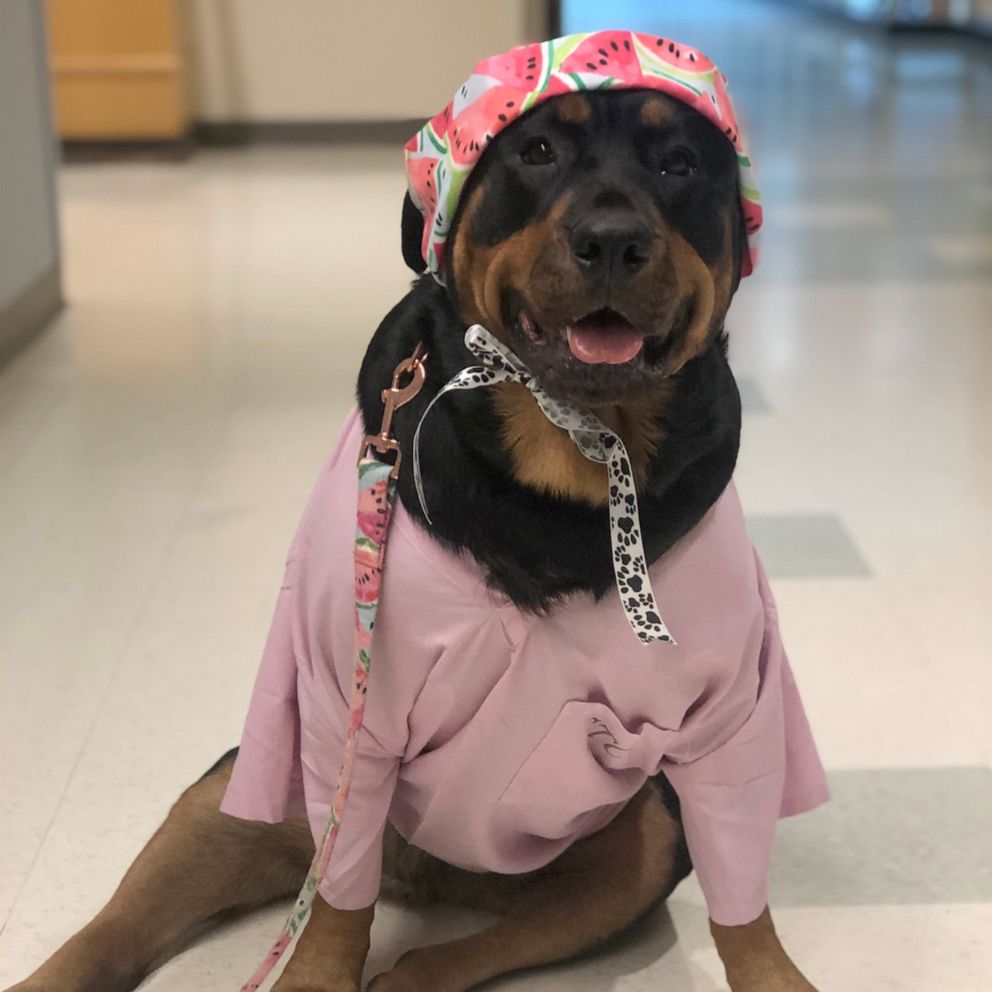3 tips to avoid puppy scams during the pandemic, according to Better Business Bureau investigator

With many cooped up at home due to the coronavirus pandemic, some have searched for a furry companion to join them.
But as people have turned to the internet to find a pet, some families have come across scammers advertising animals that don't exist, as first reported by The Wall Street Journal.
"The chances of being ripped off are just staggeringly high," said Steve Baker, an internet and international investigation specialist for the Better Business Bureau. "The chances of dealing with a crook are really, really strong."
Last month, the BBB issued a warning that puppy scam reports have skyrocketed during the coronavirus pandemic. According to the BBB's Scam Tracker, the number of pet scams that have been reported are over 2,000. This is more than triple the number reported last year.
According to Baker, part of the reason why puppy scams have risen this year is because people who purchase them online can't really see the puppy in person, which he says is the best thing to do before buying a puppy.
"With the pandemic, the crooks have got a perfect excuse on why they can't meet you in person, because of coronavirus fears," said Baker. "So people say, 'Well, that makes sense,' so hey send money for a pet they've never actually seen in person."
"Of course, there is no pet, they simply don't exist," he said. "The pictures were stolen from somewhere else off the internet."
Lori Sirois' pugs, Sissy, Tilly Natty and Missy, have been victims to this in the past.
"I'm contacted almost daily," said Sirois, who shares her pups' cute adventures on Instagram under the beloved Instagram account @pugdashians. "My pictures are on sites that are selling puppies."
But for Buffie Coleman, a mom from Richmond, Virginia, who fell victim to a scam, it was a heartbreaking outcome for her and her daughter Aniyah, whom she was planning to surprise with a puppy on her birthday.
"She loves pets, she's very energetic, she loves being outside," Coleman said of her daughter. "So we figured, what better way to release some of the energy but to go ahead and invest in a family dog for her."
When Coleman found the perfect miniature poodle on a website, and discussed the price with the contact listed, she said she ended up losing $500 and never got the dog.
Now, she's telling others to be cautious of scammers when trying to purchase a dog online.
"Just be careful," she said. "They have nothing to do but to prey online and over the telephone."
Here are three tips from Baker on how to avoid a scam.
1. See the dog in person first, if you can do so safely.
"I would never personally buy a pet that I was not able to see in person," said Baker. "That is the simplest and most effective step you can take."
However, if you can't, Baker suggests to take the photo of the pet that's listed online and Google it.
"You can do an internet search for a photo," he said. "I've done that before and seen the exact same picture show up over three years in five different countries."
You can take it a step further by searching the same description that's listed about the dog. Put the description in your browser and search for it, recommends Baker.
2. Look at the price.
Baker explained that sometimes the price that is listed for a pet online is lower than it would be for purebreds that they're describing, which is a major red flag.
He suggested to use a website like PetScams.com, to help identify bogus sites.
In addition to the price of pets online, Baker said that most scammers want payments in an untraceable way such as gift cards.
"As soon as you read the numbers off the back of that card, that money is gone and cannot be recovered," said Baker.
3. Report the scams.
Once you've identified a scammer who claims they're selling puppies, Baker said to report them to the Better Business Bureau or the Federal Trade Commission.
"A lot of people are embarrassed by these sorts of thing, but they need to complain with that information for the better," he explained. "Those complaints go into a database where people can look for patterns and hopefully some of these folks can be found and arrested."






